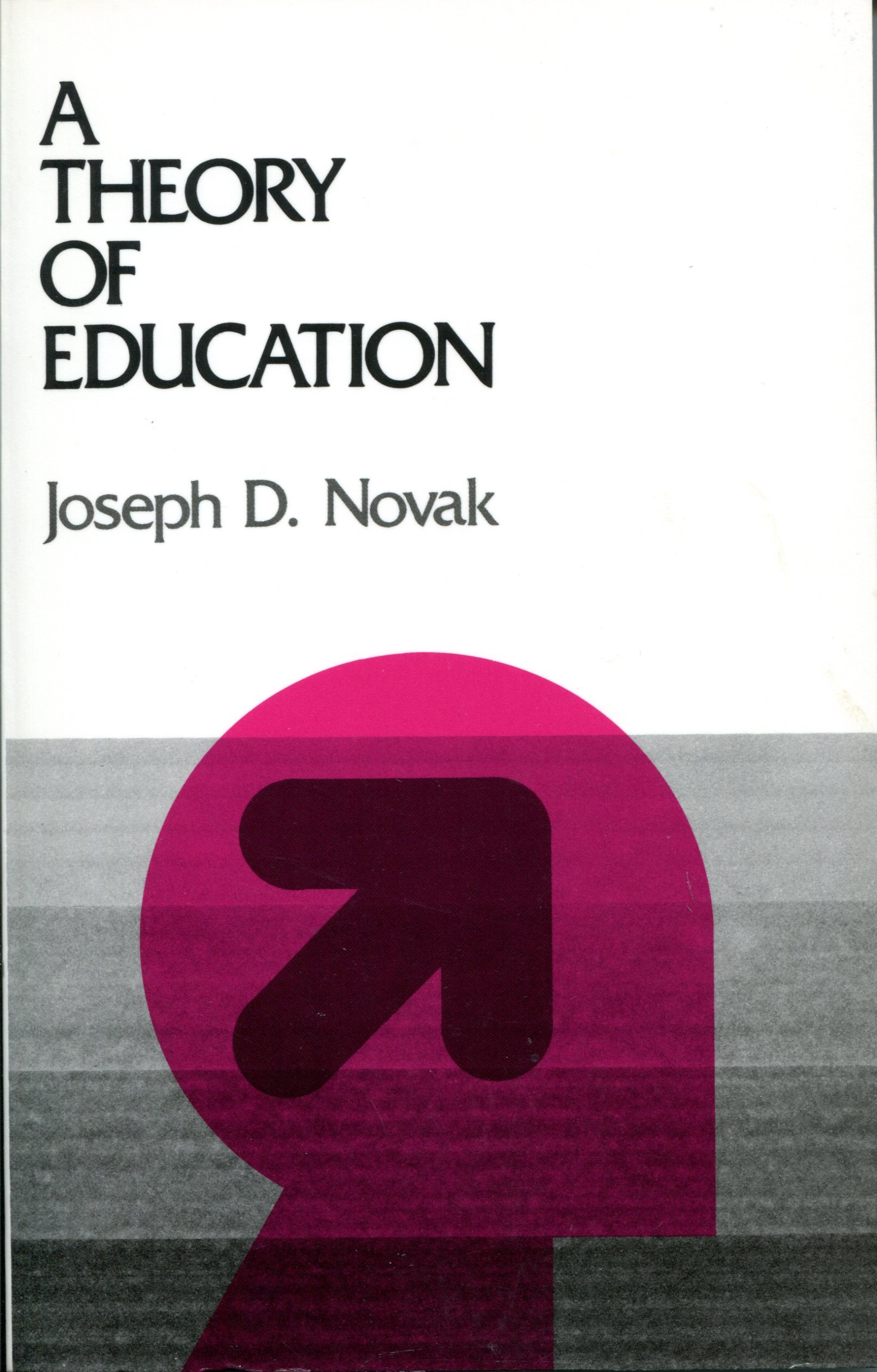

 |

|

The average rating for A theory of education based on 2 reviews is 4.5 stars.
Review # 1 was written on 2013-04-07 00:00:00 Farzana Khimani Farzana KhimaniI have been considering learning TM and relocating to Fairfield, IA so my daughter can attend the Maharishi School of the Age of Enlightenment. That whole things sounds way more intense and mystical than it really is. This book, by a professor of quantum physics and past director of MASE, gives a great overview of meditation and what it can do for the brain. There are parts of the whole theory involving Unified Field Theory and other such theories that I am not entirely sold on. I have visited Fairfiled, MUM, and MASE and have to say they are a well adjusted, happy crowd of people and they entirely believe in the validity and positive influence of what they are doing. MASE really is a spectacular place. I have spoken with many of the students and teachers and it seems that the effects of TM are real. I can't argue with the dozens and dozens of awards crossing all disciplines (speech and performance arts, science, photography, sports, arts, essay) I recommend that educators give this book a read. I definitely agree with Dean's sentiments on information based education and it seems that conscienceless based education is a much better alternative. The development of the brain along with giving the knowledge as well as the basic principles of the Science of Creative Intelligence which teaches basic principles to unify all subjects taught and relate the knowledge to the knower (the student) makes a lot of sense. |
Review # 2 was written on 2009-06-01 00:00:00 Michael Ace Michael AceA very complex read. Doll takes us from the rise of modernity all the way to what he considers the next step in humanities social organization: the post-modern. He then makes propositions as to what curriculum should be in a post-modern society. Doll states that education as it is now is based on descartian and newtonian world views, that is, education is deterministic. He draws from all the classic psychologists and pedagogists to develop his post-modern paradigm: he goes from Piaget (living systems0 to Prigogine (chaotic order), from Bruner (cognitive science) to Dewey and Whitehead (process thought). What Doll leaves the reader with is a new way of developing curriculum to oppose the current Tyler rational that permeates US education, which is based on Taylorism and scientific curriculum development. |
CAN'T FIND WHAT YOU'RE LOOKING FOR? CLICK HERE!!!